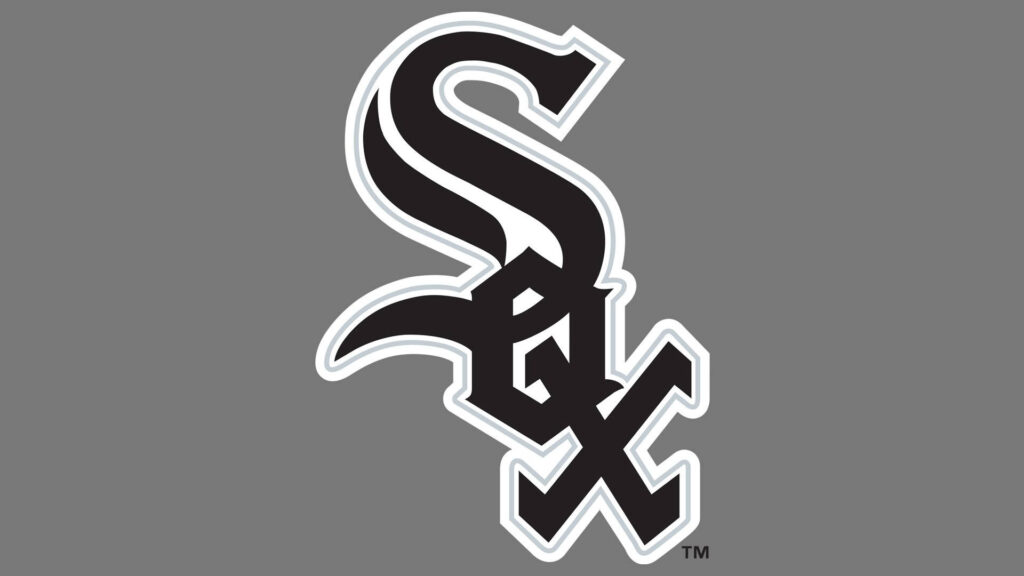The pitcher who last took the mound before the beginning of the half-inning in which the winning team took the lead for the final time is considered to be the game’s winning pitcher in Major League Baseball.
This general rule can be broken in two different ways. The first requirement is that a starting pitcher must remain in the game for an entire five innings in order to earn a win (four innings for a game that lasts five innings on defense).
If he does not do so, he is ineligible to be the winning pitcher, even if he last pitched prior to the half-inning when his team took the lead for the last time.
In this case, the official scorer gives the win to the relief pitcher who, in the official scorer’s judgment, was the most effective.
If he does not do so, he is ineligible to be the winning pitcher.
The second exception to this rule occurs when the official scorer determines that the relief pitcher who most recently toed the rubber prior to the half-inning in which the winning team took the lead for the final time was “ineffective in a brief appearance.”
In this scenario, the victory is given to the succeeding relief pitcher who, in the official scorer’s judgment, was the most effective of all the relief pitchers who pitched after him.
What Pitcher Has The Most Wins In A Single Season?
A single-season win record is held by Charles Radbourn, who won 60 games in 1884.





